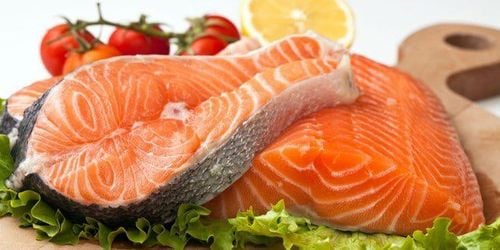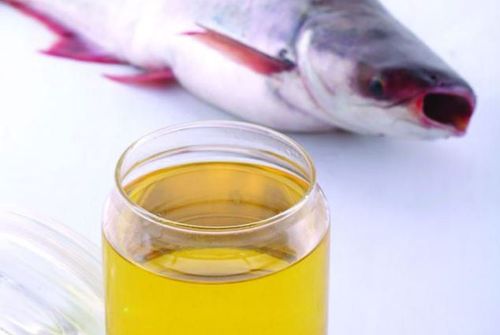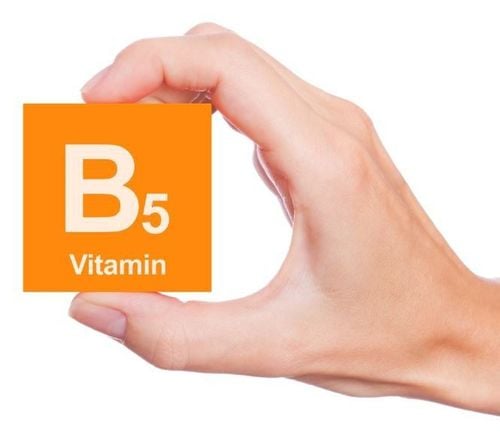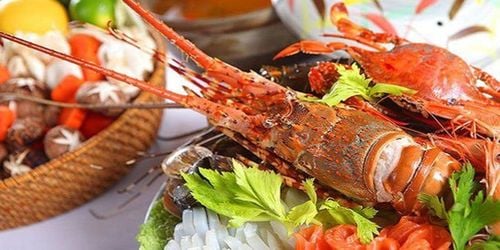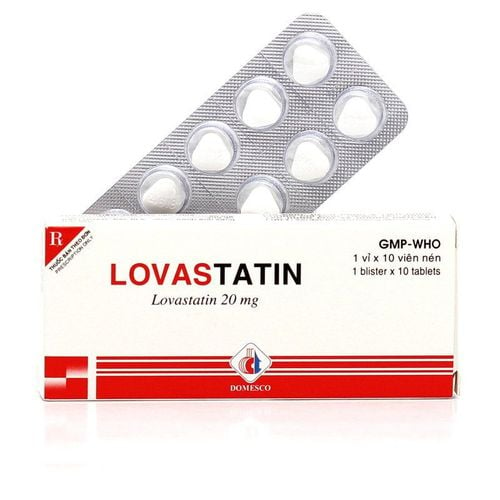This is an automatically translated article.
Almost all healthy diets encourage you to eat plenty of fish or at least 225g of seafood per week. However, not all fish are the same. So you need to know what are the benefits of eating fish as well as how to choose the right kind of nutrition.
1. Healthy fish dishes
1.1. Fatty fish rich in omega 3 Omega 3 fatty acids are found in fatty and oily fish. This substance is very good for the heart and brain. Just consuming about 113g of seafood with omega 3 per week will reduce the risk of heart disease by 36%. Omega 3 also works to limit the risk of diseases such as stroke and Alzheimer's.
These types of fish rich in healthy acids include:
Salmon: 100g of salmon has up to 2.3g of Omega 3, helps reduce cholesterol in the body, maintains flexibility of the arteries - veins, strengthens heart muscle, reduce blood pressure and prevent atherosclerosis. In addition, salmon is also rich in essential vitamins and minerals (iron, calcium, phosphorus, selenium and vitamins A, D, B); Herring: Elongated shape, few scales, more fleshy and less fishy. This is a very nutritious fish, the oil in herring contains a lot of omega 3 that is good for the brain. This fish can be smoked and bagged for long-term storage without losing much of its nutritional value; Anchovies: In addition to unsaturated fatty acids that help the body reduce bad cholesterol and are good for the heart, anchovies also contain a lot of protein and vitamins E, D, A. This is a fish very close to the Vietnamese people and rich in nutrients. , easy to process into many delicious dishes; Sardines: Rich in healthy fats and essential vitamins. Sardines are often sold canned, and even the bones and skin of sardines are rich in nutrients.
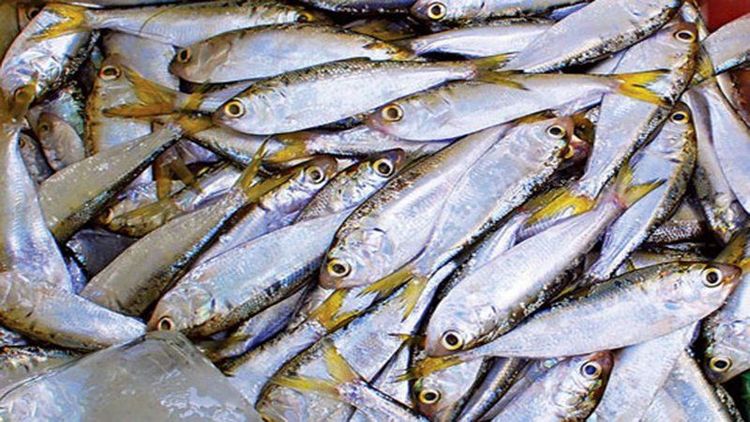
Cá mòi cung cấp nhiều chất béo và vitamin thiết yếu
1.2. Lean Fish This lean fish has a lot of protein and fewer calories than fatty fish. In each 85g serving of lean fish contains less than 120 calories, but provides you with quite a lot of protein. Some typical types are:
Perch: Living in both saltwater and freshwater, perch meat is sweet and nutritious, helping people eat healthy, reduce headaches and aches. Soup or rice paper with perch is a very good dish for people who have just woken up; Cod: White flesh, mild flavor, providing phosphorus, niacin, fat and protein. In addition, cod fish also has vitamins B12, A, C, calcium and many other minerals. Oil extracted from cod liver can reduce cartilage degeneration, as well as the risk of colon cancer; Flounder / Buffalo Tongue: The meat is sweet and slightly fatty, especially without the bones. This fish is favored by the Japanese because it increases the child's sensitivity during brain development. If you don't like to eat a lot of fish but still want to add seafood to your menu, perch and cod can be good choices. They don't have much of a fishy smell and are easily overpowered by the flavor of your favorite sauce.
2. Fish dishes are not good
2.1. Fish contains high levels of mercury Too much mercury in the body increases the risk of brain and nerve damage in adults. This toxic substance can also affect the development of infants and young children.
High-mercury fish to stay away from include:
Swordfish; Sailfish (Marlin); Shark; Orchid fish, also known as porpoise, square-headed fish, and tilefish.
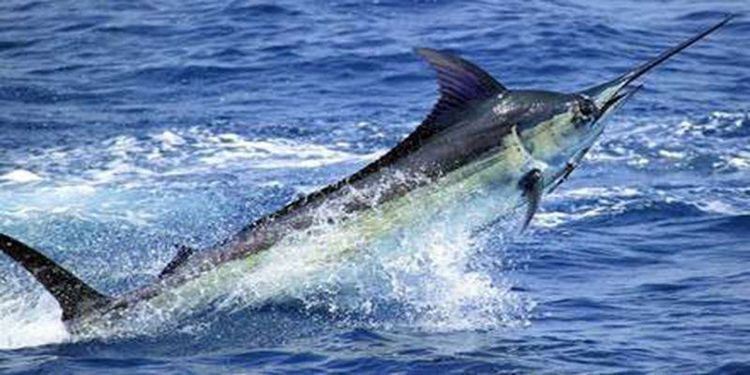
Cá cờ chứa hàm lượng thủy ngân cao
2.2. King mackerel Overall, mackerel is an especially good source of omega 3s, which can be part of a healthy diet. But king mackerel – especially those caught in Pacific waters – is high in mercury. Doctors say young children and women who are pregnant or breastfeeding should avoid this fish altogether.
2.3. Orange Roughy This is one of the longest living marine fish, with a rough orange appearance and can live up to 150 years old. This has exposed the sea bream to many unhealthy elements, such as mercury, over a long period of time. So this deep sea fish is not a good choice for your menu.
3. Some types of fish need attention
3.1. Tuna Just like mackerel, different types of tuna will carry different levels of mercury. For example, bluefin and bigeye tuna should be avoided. Albacore and yellowfin don't contain a lot of omega 3, so you shouldn't eat more than once a week either. It's best to go with canned low-fat tuna up to three times a week to keep it healthy. be a good source of protein.
3.2. Other fish Some fish aren't so high in mercury that you should avoid them entirely, but they're also not rich in omega 3s to make you consume them regularly. There is no need to eat a lot of the following fish:
Sea bass; Halibut; Mackerel / filet; Gobies; Sea snapper.
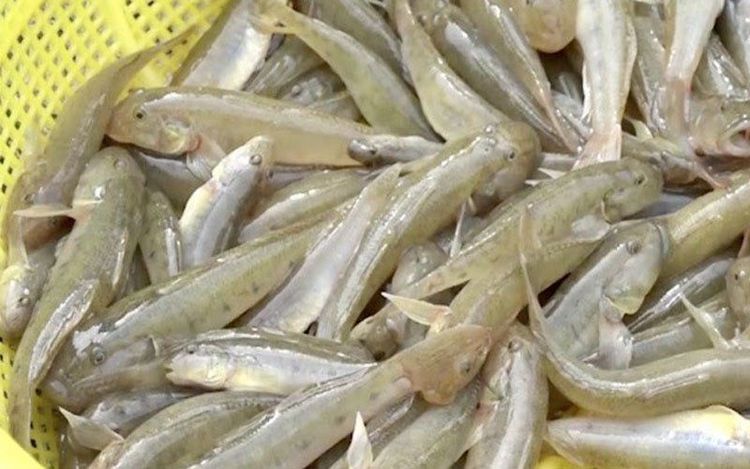
Cá bống không chứa nhiều dinh dưỡng
3.3. Wild-caught fish and farm-raised fish It is impossible to say that wild-caught fish or farmed fish are healthier. Both types may contain mercury. While wild-caught fish tends to be lower in saturated fat, fish farmed in rafts is usually richer in omega 3s.
To summarize around the question of what to eat fish, experts say that fish is a food rich in protein and healthy omega 3 fatty acids that the body cannot produce on its own. Omega 3 plays an essential role in brain health, and has been shown to reduce inflammation, reduce the risk of heart disease and be very beneficial for the fetus in the womb. However, eating fish is good or not will depend on the type of fish you choose. Some types may contain mercury content and toxic waste, young children and pregnant women should be careful when eating.
To improve the quality of medical examination and treatment services, now Vinmec International General Hospital has put a system of modern facilities with standard equipment into operation of medical examination and treatment processes. Especially at Vinmec, there is always a team of doctors and nurses ready to listen, advise and treat diseases as well as advise on nutrition and good food for children, adults and the elderly.
Customers can directly go to Vinmec Health system nationwide to visit or contact the hotline here for support.
Reference source: webmd.com




